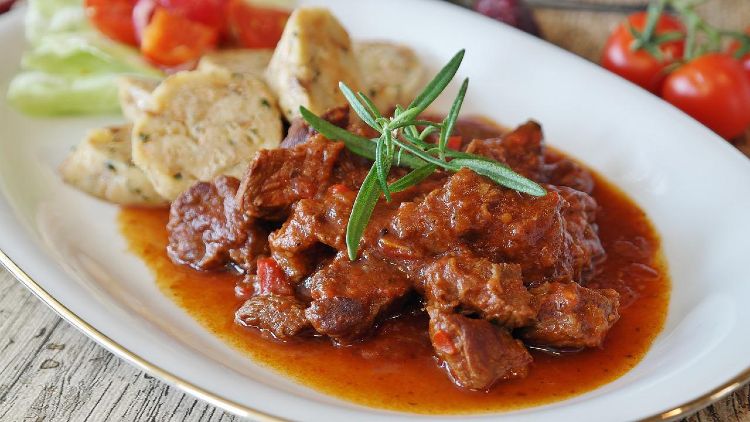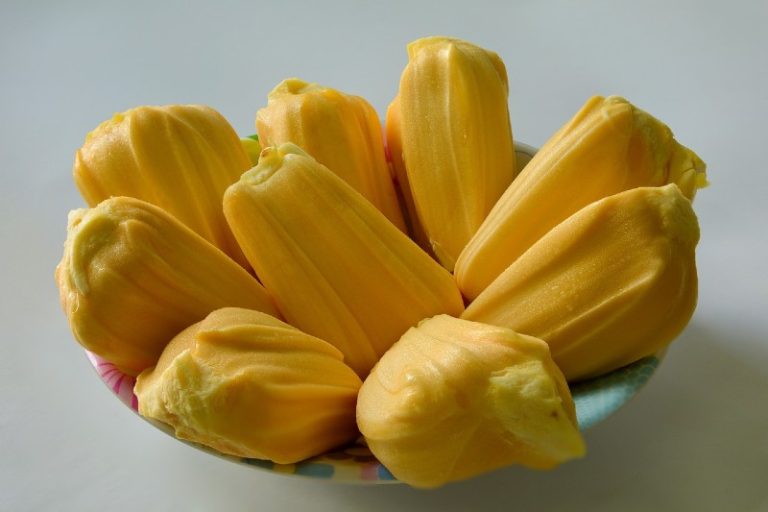The Changing Face of Farming: Manor Farm, Hoggeston
Located in the little Buckinghamshire village of Hoggeston, in the Aylesbury Vale, is Manor Farm, a large Georgian farmhouse situated on the edge of the Anglo Saxon village, down a single track lane lined with trees and hedges.
The three hundred acre farm is home to George and Elaine Morris and their two children, Caroline, 21, and Alex, 18, who are both at University studying agriculture. The work at Manor Farm is a mixture of arable and pastoral farming.
“I took the tenancy of Manor Farm in 1997 following the retirement of my father,” George explained. “We keep a herd of cows to produce beef, a flock of sheep for lamb and a herd of pigs for sausages and bacon, although we would like to have llamas or alpacas to keep the foxes away at lambing time.”
However, the number of farms in England is slowly dwindling due to economic pressures. For example, in Hoggeston there are still three farmers, but in parts of East Anglia there are only three parishes per farmer.
“There is an imbalance of power in the food supply chain,” Elaine explained, “and there are many challenges that farmers face today. Some of ours challenges include plant and animal diseases, competition from home and abroad, producing for the market place, the changing political situation in Europe and the cross compliance regulations. We also have difficulty in finding skilled labour, form filling and dealing with the burden of red tape regulations. And don’t forget climate change and the weather.”
When asked for his opinion on modern farming, George replied, “Arable farming has changed considerably, in terms of advances in plant breeding and our understanding of plant nutrition. This feels necessary to feed the rising population, but the consequences are a fall in the number of farmers. We have managed to survive by adapting to change.”
There are different types of subsidies that the government offers to farmers.
“The subsidies offered to us are changed every six or seven years,” George explained. “All of them are controlled from Brussels, so all the countries in Europe are governed by the same rules. The money is paid to farmers in the form of a single farm payment, and in this way food can go into the market below the cost it was produced at. By applying for subsidies farmers have to play by the codes of production, such as ensuring that all the animals are tagged and that we cut our hedges at a certain time. We know someone who had money taken off their single farm payment because too many of their cows were missing tags.”
But with the number of struggling farms around the country, have these subsidies made a difference? George again:
“I suppose they have. Some sceptics say that they have only made rent and land expensive, but they have helped stabilise agricultural prices. They allow the public to have control over what happens in farming. For example, after World War Two farmers were paid to take out hedges to increase food production, but now we are being paid to plant them. We are in the middle of planting one at the moment. Subsidies are important to farmers in this country because only about five per cent of our Gross Domestic Product is based on agriculture – the main percentages are from finance and the service industries. The New Zealand government was able to withdraw all their subsidies on a date, with no phase out, massively reconstructing their market. This didn’t destroy the industry, but helped it develop. Many farms did go out of business, but the majority survived, because eighty per cent of their national economy is based on agriculture. That would not work in this country.”
George and Elaine have diversified their farming activities by running a number of visitor events. In 2006, to support the National Farmhouse Breakfast week, they started hosting farmhouse breakfasts in the comfort of their own home. What started off as a one-time event has become popular in the local area because it is so unique.
“Customers asked, ‘When are you going to do the next event?’ and it has grown from there,” George explained. “They are held on four or five weekends a year and we use it as an opportunity to show our visitors where their food comes from, with farm walks in the winter and trailer rides in the summer.”
The couple also run school trip visits, designed to be educational, informative and fun. They allow children from urban areas to experience the countryside and learn where their food comes from.
“We have had the local school reception class, the inner city London Primary school and the Women’s Institute,” Elaine said. “We love to read the thank you letters, hearing what they most enjoyed. Being able to see the farm animals makes a huge difference to how people see their food. It can even be the tipping point between whether someone is a vegetarian or not. We have some people in the village who have gone back to eating meat when they see how we treat our animals.”
In addition, the farm has its own shop that sells pork, lamb and beef, all produced on the premises. Elaine explained how the shop was opened as a way of selling their pork produce to customers who were not family or friends.
“Like the farmhouse breakfasts, the shop just sort of happened. We started getting our produce packaged up properly and it became a way people could come and buy meat from us without phoning up beforehand and booking. However, we wouldn’t consider developing the shop at the moment because it wouldn’t be worthwhile financially. It might appeal to Caroline and Alex, if they take over the farm, but the footfall is not large enough. Many farm shops have closed down, but the main ones that have survived are on the main roads. We wouldn’t be able to stop selling our meat through supermarkets.”
The couple also have a stall at the local farmers’ market in Winslow, which runs on the first Sunday of every month, where they sell their meat and warm pork rolls with apple sauce. Elaine told me,
“Winslow famers’ market is another way for us to get our produce out to the public. It adds value to the small amount of meat we produce on the farm. We are fortunate that Winslow’s market is very well organised and advertised so that many customers travel there – many local markets have gone wayward, but the turnover we get from Winslow has grown instead. It is a great deal of preparation for just one day and if popularity dwindled we would have to consider whether it would be worth doing it.”
“We don’t have a website at the moment,” George added, “but we have one in progress, which our nephew is working on, as we don’t have the time or skills to do one ourselves. We don’t want to go into mail orders, because we want to keep things local and mail order meat is perishable, heavy and expensive. We will use the website to advertise our shop, breakfasts and farmers’ markets.”
Diversification gives farmers another income stream without having to deal with world traded commodities, which are subjected to price fluxes. These commodities are sometimes not profitable: it takes two years for beef to go into production, but George and Elaine produce beef, pork, lamb and crops, which cover each other if one of them has a downturn in price.
“Our wheat and oats are supplied to the Jordans cereal company for the breakfast cereal market,” Elaine said, “and we sell our beef to Morrisons Supermarket. They only buy from farms accredited to the Red Tractor Standard, for which we are inspected annually. We are not contracted to them; their policy could change, but it is the best one at the moment.”
In addition the Morris family produces beans and oilseed rape for vegetable oil or bio fuel. They also grow grass, clover and herbs every year as grazing or hay for the livestock.
George and Elaine take an environmentally friendly approach to farming, using crop rotation and dedicating ten per cent of their land to wildlife. In their farming they strive to work with nature to aid the production of their crops and meat, and to reduce the harm farming does to the environment.
“The conservation margins round our arable fields provide food for beneficial insects, which pollinate our crops and reduce the need for pesticides,” Elaine explained. “Morrisons, along with Waitrose Supermarket, support UK farmers by declaring a local purchasing policy. As producers of food we aim to supply customers in this country, and it is disappointing if the supermarkets buy from other farmers that may not have the same welfare standards as we do. We support wildlife, but have to make a profit to survive. However, we do want to hand the farm onto the next generation in better condition than we received it in.”
But are the diversifications having the results they expected? George replied,
“Yes, because we haven’t diversified outside of agriculture to any great extent. We don’t have any holiday cottages, or units that we let to businesses, because we don’t have the skills or the resources to do so. There are many different ways to farm land; you are restricted in land quality and have to take into consideration location, market, land and buildings, but also your interests and skills. You have to be flexible and open minded, seizing the opportunity as it arises. We would love to continue with old breeds, as the flavour of them is different from intensively supermarket reared ones.”
But with the advances in farming techniques, is it possible that we will revert back to how the food chain once was?
“As the old saying goes, “what goes round – comes round”, said George. “An example of this is the old hedge policies that were in place, which have now changed. Another example is that Waitrose has gone back to selling Aberdeen Angus beef, which used to be considered an old-fashioned breed. Unless fuel prices spiral out of control, and we can no longer trade with other countries then consumers will never go back to shopping at smaller shops, or revert back to eating totally local and seasonal food, because we have to trade with other countries. People want to eat things that they have eaten on holiday, things that used to be considered foreign food.”
Further Information
Manor Farm
Hoggeston
Buckinghamshire MK18 3LH
Telephone: 01296 714239
Author information
Food writer Adelaide Newton’s food blog: www.gruyereguru.blogspot.com
Follow Adelaide on Twitter: @PoisonedRoots



